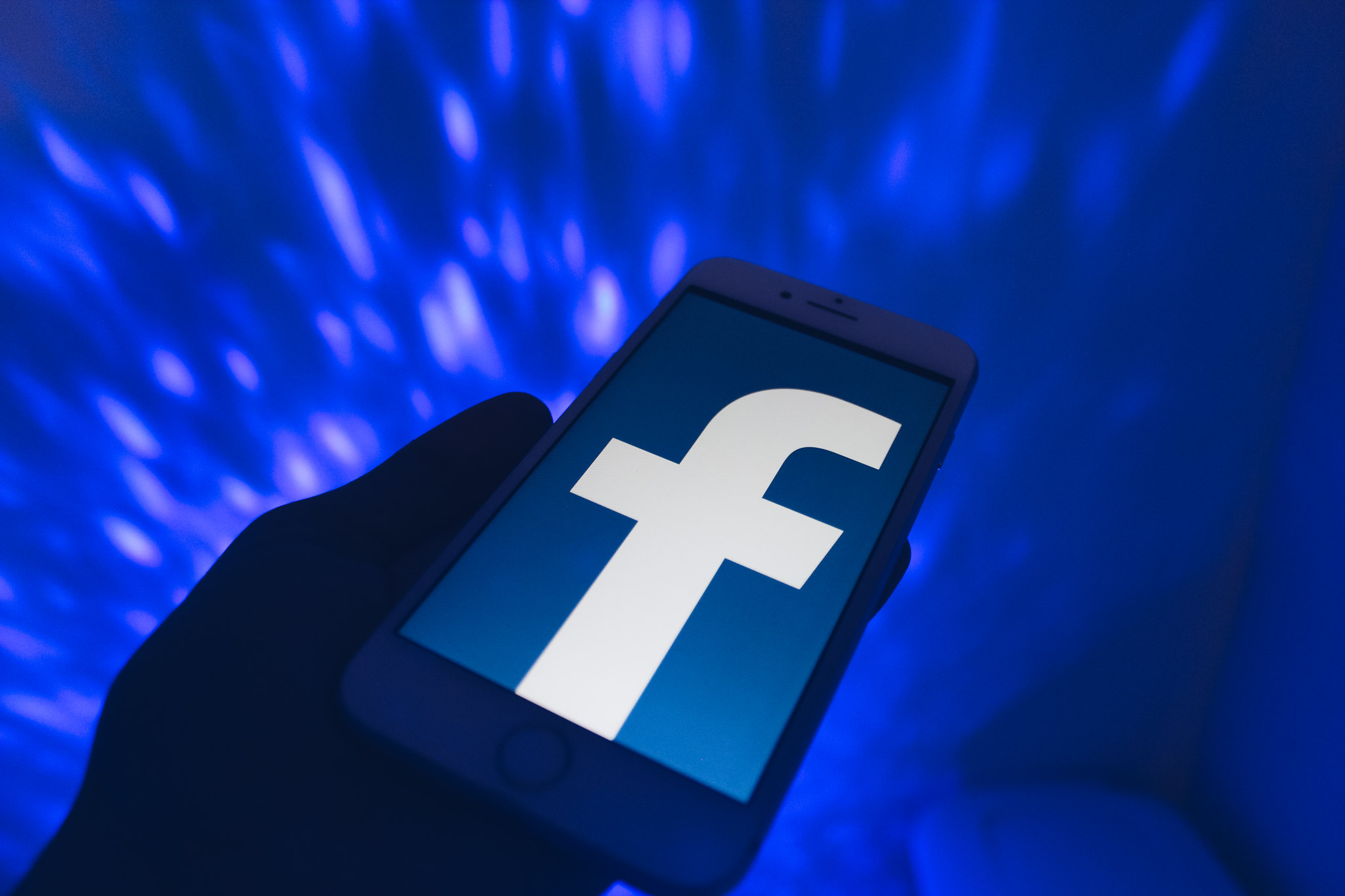Is the Facebook Oversight Board an International Human Rights Tribunal?
Comparing the Facebook Oversight Board to an international human rights tribunal reveals that the board’s ability to hold Facebook accountable will depend on its ability to develop human rights norms, incentivize Facebook to internalize those norms, and overcome challenges to building its authority and legitimacy.

Published by The Lawfare Institute
in Cooperation With

The Facebook Oversight Board has now ruled on former President Trump’s suspension from the social media platform. On May 5, the board upheld Trump’s ban but said that Facebook’s initial suspension was an “indeterminate and standardless penalty.” The board also recommended that Facebook review its decision to ban the former president within six months. While the media is mostly focused on the outcome of this high-profile case, the decision is more significant for what it reveals about the Oversight Board’s design and how the board views its role. Despite some commentators’ insistence that the Oversight Board is not a domestic court, Mark Zuckerberg has repeatedly referred to it as the “Supreme Court of Facebook,” and the media has described the board in similar terms. Seen from that perspective, the board is sorely lacking.
The Trump decision, however, reveals that the Oversight Board is closer to an international human rights tribunal or quasi-judicial monitoring institution, such as the European Court of Human Rights or the U.N. human rights treaty bodies. This framing helps to explain aspects of the Trump ruling that have puzzled commentators. It also sheds light on the strengths and weaknesses of the board’s structure, its decision-making processes and its potential future trajectory.
Key Oversight Board design features—such as its ability to issue binding rulings and nonbinding recommendations, as well as the standards it applies—resemble those of international human rights tribunals. In addition, the board is developing answers to procedural questions that resemble the responses these institutions have adopted. The Trump decision also reveals that the board faces challenges to its authority and legitimacy similar to those that new international review bodies have confronted.
The first part of this post identifies key similarities between the Oversight Board and international human rights courts and quasi-judicial monitoring bodies. It then considers ways that the board can learn from how these bodies have struggled to build their authority and legitimacy over time. The post concludes by reflecting on the limits of analogizing the board to an international human rights tribunal.
Similarities Between the Oversight Board and International Human Rights Tribunals
Jurisdiction Based on Consent
Critics who lament the Oversight Board’s limited ability to act as a meaningful check on Facebook underestimate the constraints of the board’s consent-based design. The board is (unlike most domestic courts) not a freestanding legal body but an institution created by the company itself. The board’s charter, much like a treaty establishing an international monitoring mechanism, defines the cases it can hear and the issues it can address. In this respect, the board’s design mirrors that of international courts and review bodies, whose jurisdiction, access rules and review powers are defined by the consent of the states that created them.
The Goals of Independent Review
Another critique of the advisory board is that it hears only a tiny fraction of all Facebook content enforcement actions. The Oversight Board is partly to blame for this criticism, having described itself as “an independent grievance mechanism to address disputes in a transparent and principled manner.” International human rights courts and treaty bodies have faced similar difficulties. The number of applications they receive far exceeds—in the case of the European Court of Human Rights, by several orders of magnitude—their ability to review them. But providing justice to claimants in individual cases is arguably the least important function that these institutions perform. Their decisions also protect rights by expounding the meaning of international law, which in turn shapes behavior and may deter future violations. The board is far more likely to be seen as effective if its decisions are evaluated using these metrics.
Hybrid Applicable Law
International human rights courts and treaty bodies interpret specific human rights agreements and determine whether states have violated them. But in carrying out these functions, the institutions also consider other international and domestic laws and nonbinding norms. A similar hybridity characterizes the standards that the Oversight Board applies, which include Facebook’s Community Standards and values as well as “human rights norms protecting free expression.” The Trump decision emphasizes international human rights law as the board’s normative polestar, but it leaves open how to reconcile these three sets of norms. International human rights courts and review bodies regularly face similar interpretive issues. They harmonize divergent legal texts where possible but ultimately give primacy to individual rights. We expect the board will do the same when faced with an irreconcilable conflict among these sources.
A Mix of Hard and Soft Law Decisions
International courts, unlike most of their domestic counterparts, issue both binding judgments and nonbinding advisory opinions. Much of the Trump decision takes the form of general policy guidance to Facebook to improve the standards for suspending accounts, especially of public figures. Commentators have dismissed this aspect of the case as “merely suggestions that Facebook can take or leave.” The experience of international human rights institutions, however, reveals that the board’s inability to bind Facebook to its policy recommendations will not necessarily undermine the impact of its guidance. The General Comments issued by U.N. treaty bodies and the advisory opinions of the Inter-American Court of Human Rights, for example, are nonbinding; but they are highly influential interpretations of international law and have been accepted as authoritative by states, nongovernmental organizations and some domestic courts—and by the Oversight Board itself. The nonbinding status of the board’s recommendations may lower the stakes for the board, allowing it to generate more detailed guidance with greater long-term influence than might be possible in the context of binding adjudication.
Compliance Concerns
Commentators have questioned whether Facebook’s commitment to comply with the board’s binding rulings is a hollow promise. Early signs are mixed. The Oversight Board’s charter adopts a narrow conception of compliance. Facebook has agreed to implement the board’s orders in specific cases, but only to consider the feasibility of applying its analysis to “identical content with parallel context.” The company has also rejected requests for information that would have helped the board make informed decisions. Seen through the lens of domestic litigation, these actions are troubling. For international human rights courts and monitoring bodies, however, partial and delayed compliance are the norm, and outright resistance is not uncommon. The impact of these institutions is measured less by individual decisions than by the steady accretion of jurisprudence that identifies violations and empowers interest groups to mobilize and pressure governments to modify their behavior in line with international law.
Building Authority and Legitimacy Over Time
The example of international courts and quasi-judicial review bodies also illuminates the Oversight Board’s reluctance to give an up or down vote on Trump’s suspension as well as the trajectory the board is likely to follow in the future. While the Trump decision has been critiqued for not constraining Facebook’s discretion more robustly, the board’s modulated response—as well as its decision to push Facebook to make a final ruling—is consistent with how international monitoring bodies incrementally develop their legitimacy.
Such bodies are cautious in their early years when their mandate is uncertain and precarious. After they have created a track record with states and other constituencies through the exercise of reasoned decision-making, they may seek to expand their authority and capaciously interpret human rights law. This is true of the U.N. treaty bodies in particular, the earliest of which were given only the modest task of studying state reports on implementation. Today, these bodies issue highly influential interpretive guidance regarding the meaning of human rights treaties, evaluate compliance in the aggregate and in individual cases, and make concrete recommendations to states.
The Oversight Board may be following a similarly cautious approach in its initial decisions, while leaving open the possibility of expanding its mandate over time. Like international human rights tribunals’ focus on procedure in their early years, the board’s decision to return the Trump case to Facebook suggests an incrementalist approach of institutionalizing due process as a foundation for possible later expansion. The extent to which this approach is perceived as legitimate—by Facebook, its users, the public or some combination of these actors—may determine whether the board realizes this larger potential. Perceived legitimacy may also help to insulate the board from pushback or backlash in response to claims of overreaching—a challenge that international tribunals have faced with increasing frequency over the past decade.
The Trump decision also reveals an awareness of the need to incentivize good decision-making by Facebook in light of the board’s limited capacity. In international law, these concerns are reflected in doctrines such as subsidiarity, complementarity, the margin of appreciation and exhaustion of domestic remedies, which recognize that international supervision cannot remedy all or even most violations but should instead encourage states to address violations themselves. For example, the International Criminal Court’s (ICC’s) complementarity principle incentivizes states to investigate and prosecute international crimes domestically. The ICC prosecutor’s early decisions to accept self-referrals from Uganda and the Democratic Republic of the Congo has been criticized for allowing those states to offload their responsibility to prosecute perpetrators at home. The Oversight Board’s refusal to allow Facebook to do something similar—to avoid deciding Trump’s future by punting that issue to the board—is a strategically astute move that pushes Facebook to address the hard questions itself.
Limits of the Analogy
Facebook is obviously not a state, and the analogy to international human rights tribunals goes only so far. On the positive side, the Oversight Board may be better positioned than those supervisory bodies to push Facebook toward greater accountability. Facebook is far more invested in the success of the board than most states are in the success of international tribunals. It has devoted substantial financial and institutional resources to ensuring that the board operates independently, and it has publicly touted the board as a way to improve the social media platform’s governance. Oversight Board rulings are also likely to command significantly greater public attention than most treaty body decisions. The board’s ability to constrain Facebook could thus evolve much faster than the analogy suggests.
However, the board may also be more constrained than international tribunals. For example, crucial information that the Oversight Board may want or need—such as facts about Facebook’s algorithms or its use of automation in content review—is within the company’s exclusive control. Human rights bodies can gather information and evidence from a variety of credible sources even when states refuse to provide it. In addition, the board is currently the only entity of its type among social media companies. Human rights tribunals, in contrast, are part of a crowded ecosystem of international bodies with overlapping mandates. This institutional density sometimes leads to fragmentation of the law, but it also enables opportunities for cross-fertilization and dialogue.
Conclusion
Although there are limits to the analogy, evaluating the board in light of the practices and evolution of international human rights tribunals yields important insights. The Oversight Board is unlikely to exercise meaningful accountability over Facebook in the near term, but it will contribute to the development of international human rights standards—especially the unsettled question of how those standards apply to private companies. In so doing, the board will gradually shape Facebook’s enforcement decisions and policies. The more precise those standards become, the less room there will be for the company to continue its ad hoc decision-making about content moderation.
The norms developed by the Oversight Board may also have a broader consequence. More precise standards will assist domestic and international regulators in imposing due diligence obligations on social media companies such as Facebook. Like international courts and review bodies, therefore, one of the board’s most lasting impacts may be the way in which it contributes to the accountability efforts of other actors.






